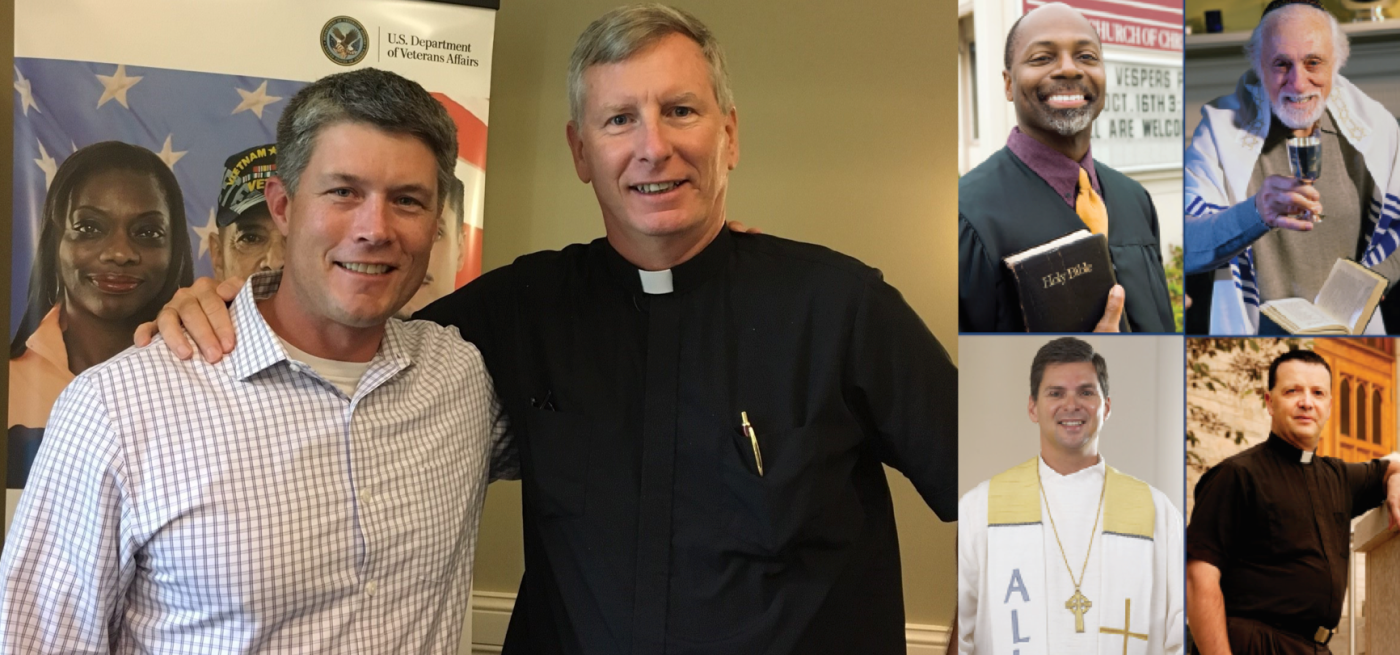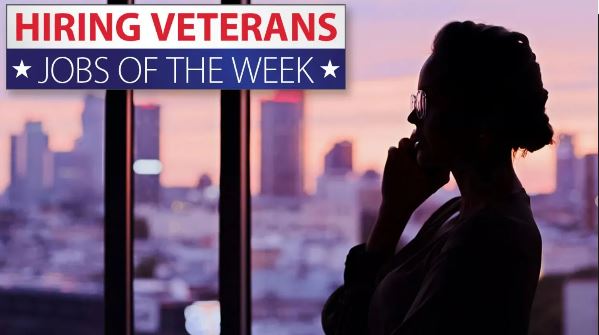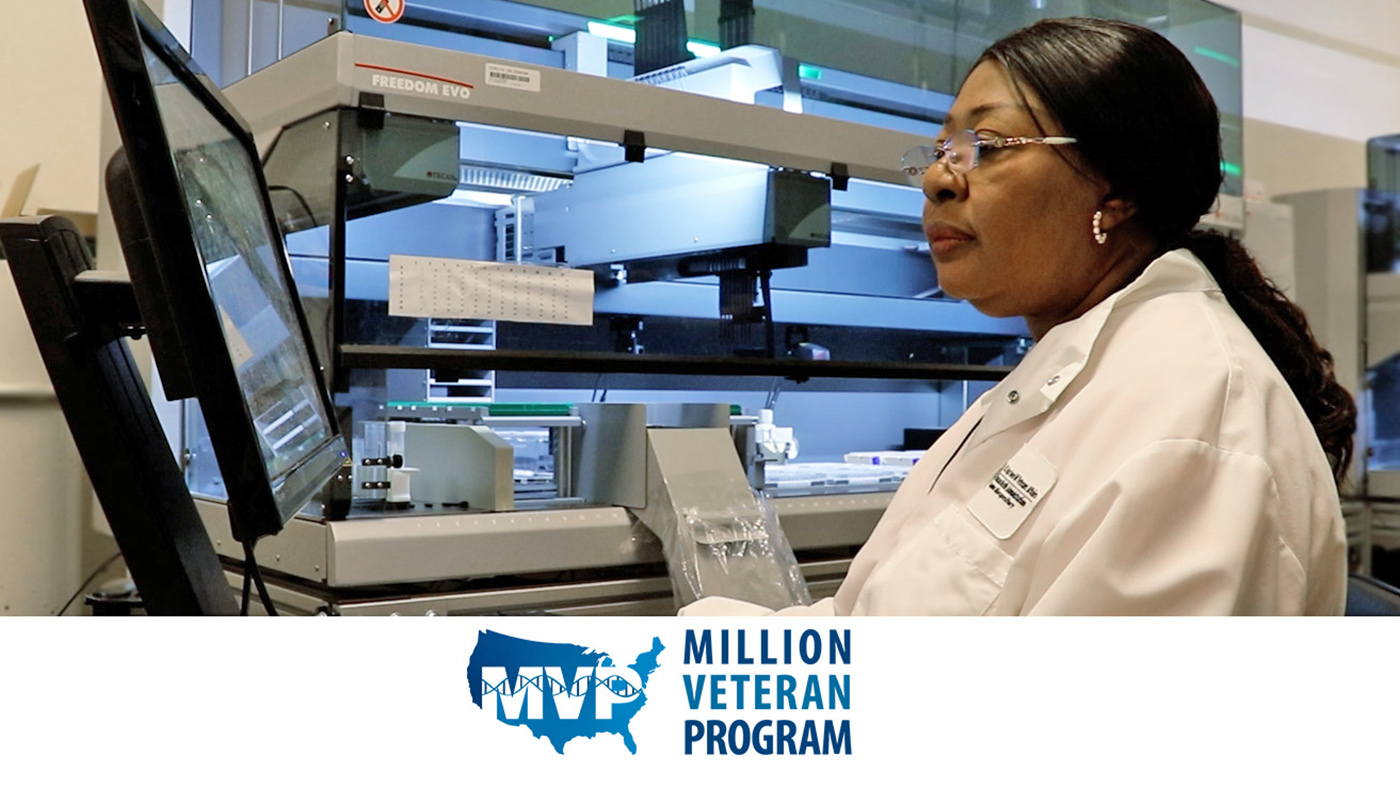A quarter of all U.S. Veterans choose to reside in rural communities when leaving the service. These 5.2 million Veterans face challenges accessing health care that are only intensified by their military-related injuries and illnesses.
Veterans in rural areas have a higher risk of suicide and less access to mental health providers than their urban counterparts according to the Centers for Disease Control and the American Psychological Association.
One of VA’s several efforts to diminish Veteran suicide is Community Clergy Training, a partnership to train clergy to recognize the challenges faced today by servicemen and women, active or retired. Most rural communities have faith based groups and often, people seeking mental health services will start with the clergy the know.
Recognizing the challenges rural Veterans face, specifically in New Hampshire and Vermont, Ben Kaler, a Marine Veteran and employee of VA’s Veterans Experience Office (VEO) began to research options to improve mental health services in his area.

Veterans Experience Office field consultant Ben Kaler (left) and Chaplain Samir Habiby (right) both served in 2nd Battalion, 4th Marines. Ben in Iraq and Habiby in Vietnam.
“I wanted a way to reach Veterans in rural areas that may not have contact with VA services, local community services or state resources,” said Kaler.
Ben soon discovered the VA Community Clergy Training Program (CCTP), which since 2010 has trained more than 4,000 clergy, chaplains and behavioral health professionals who support rural Veterans.
Churches and houses of worship are an important contact point for rural Veterans, their families, caregivers and survivors as many seek help from their local clergy. However, clergy-members may not always be aware of the Veterans in their congregations or know how to best support them.
Ben along with VA chaplain Steve Sullivan and Ed Drury, the military liaison at Genesis Behavioral Health, worked to bring the VA Community Clergy Training Program (CCTP) to New Hampshire and Vermont, visiting more than 70 churches and e-mailing 350 clergy-members to garner interest. They organized several training days across the two states and trained more than 60 participants. Drury credited Ben Kale of the Veterans Experience Office for spearheading the initiative. “He went door to door to all the churches in the North County,” Drury said.
Ben Kaler is entrenched in the community as a VEO field consultant and through networking and assistance from community partners sourced host churches, handled registration, coordinated weekly updates and logistics across two VA medical centers.
“The training is good and will educate clergy about the many unique challenges of the military. Knowing some of that will keep people from saying dumb stuff upfront that could cutoff any relationship,” said Steven Veinotte, a National Guard chaplin and 14-year reservist.
“Everyone experiences a deployment differently as each branch of the military has its own duties and we need to be able to recognize the effect individually,” said Veinotte, who spent a yearlong deployment in the Middle East with the 197th Field Artillery Brigade. Some Veterans who experience difficult deployments adjust just fine when they return home, yet others who may have not seen combat have difficulty.
Kristen Wing, program manager of the VA Community Clergy Training Program said Kaler was “the boots on the ground in the Northeast that we needed to move forward. Our chaplain in that area took a new assignment and Ben stepped in, along with our community partners, to fill that void.”
Wing, who has been with the clergy training program under the VA Office of Rural Health since 2012, stated, “the partnership with the Veterans Experience Office has offered great benefits with the intersection of work to outreach community partners to help us in our mission. That is how we improve the overall Veteran’s experience with VA.”
The training topics, offered by the Veterans Health Administration Office of Rural Health and National VA Chaplain Center, include military culture, the wounds of war, moral injury and potential roles of clergy while assisting with Veteran care. Mental health services and referrals are also discussed.
Training sessions are ongoing across the country, including three recent successful events in New Hampshire, three in Vermont and three in Massachusetts.
For more information visit: http://www.patientcare.va.gov/chaplain/clergytraining
Topics in this story
More Stories
Seven U.S. Army soldiers, one Army Reserve soldier and two Veterans are representing Team USA at the 2024 Olympic Games in Paris, which begins today.
Each week, we receive job announcements from employers and employment websites—including RallyPoint, RecruitMilitary, VetJobs and HireMilitary—looking to hire Veterans. This post contains links to job listings for the week of July 22, 2024. Each week, we’ll continue to post relevant and timely listings as we receive them, and for the locations listed.
The findings of this new MVP study underscore the importance and positive impact of diverse representation in genetic research, paving the way for significant advances in health care tailored to Veteran population-specific needs.







